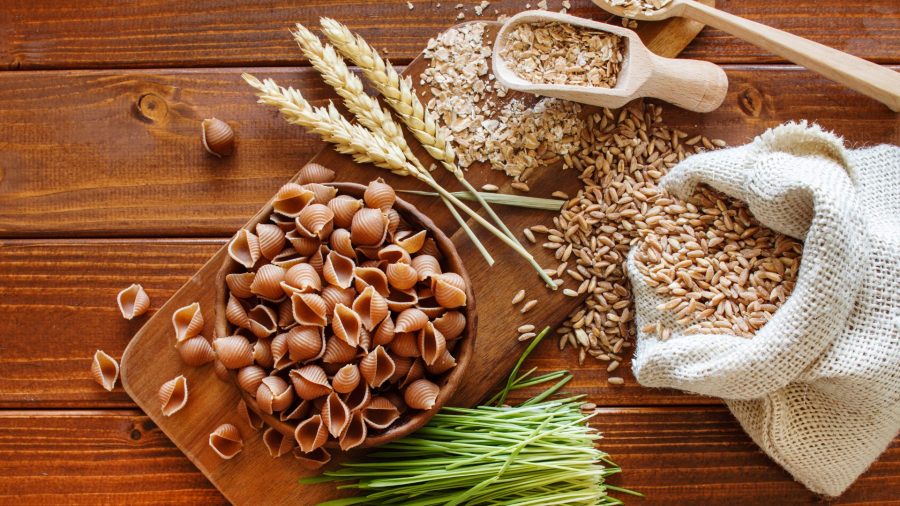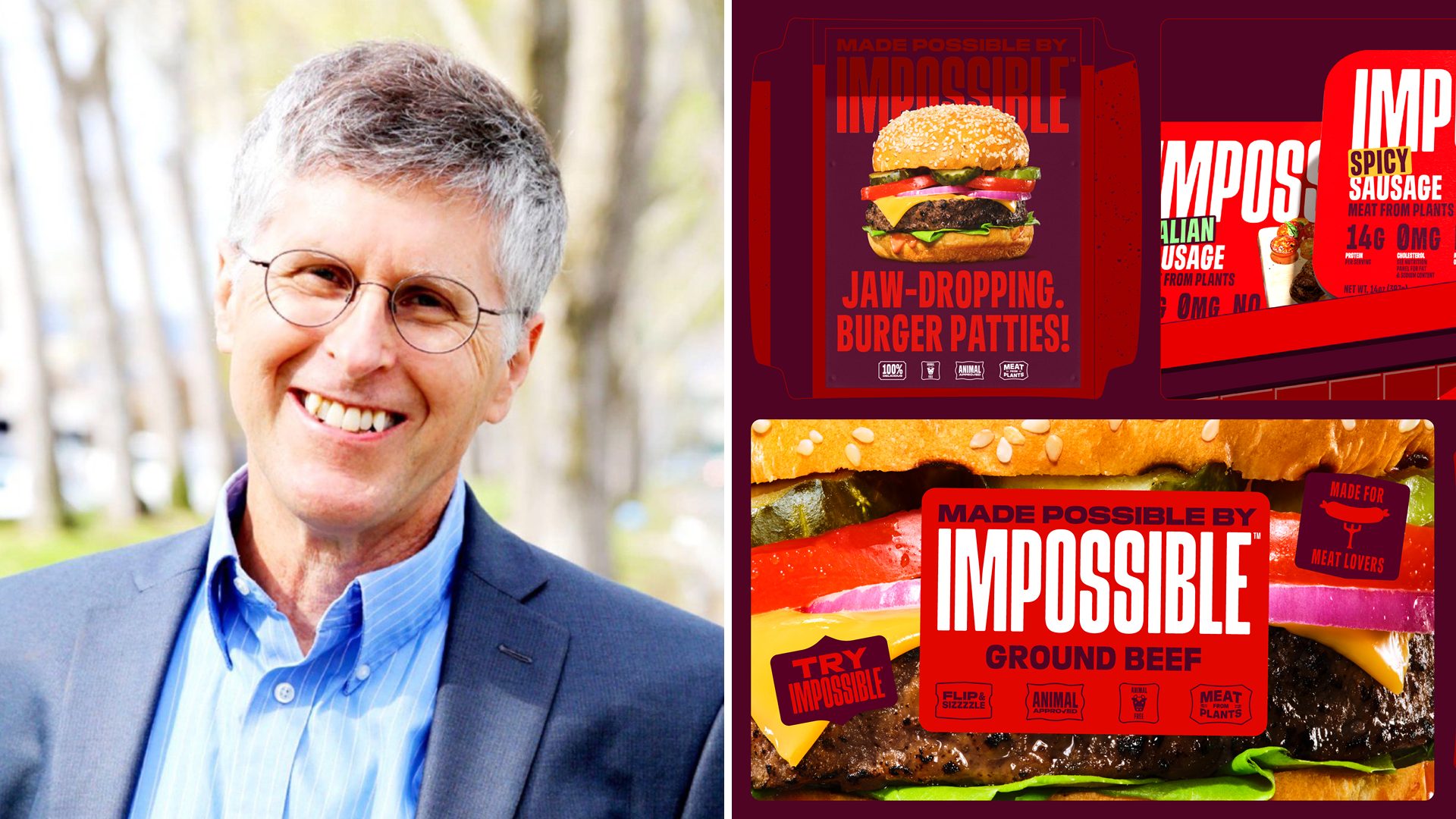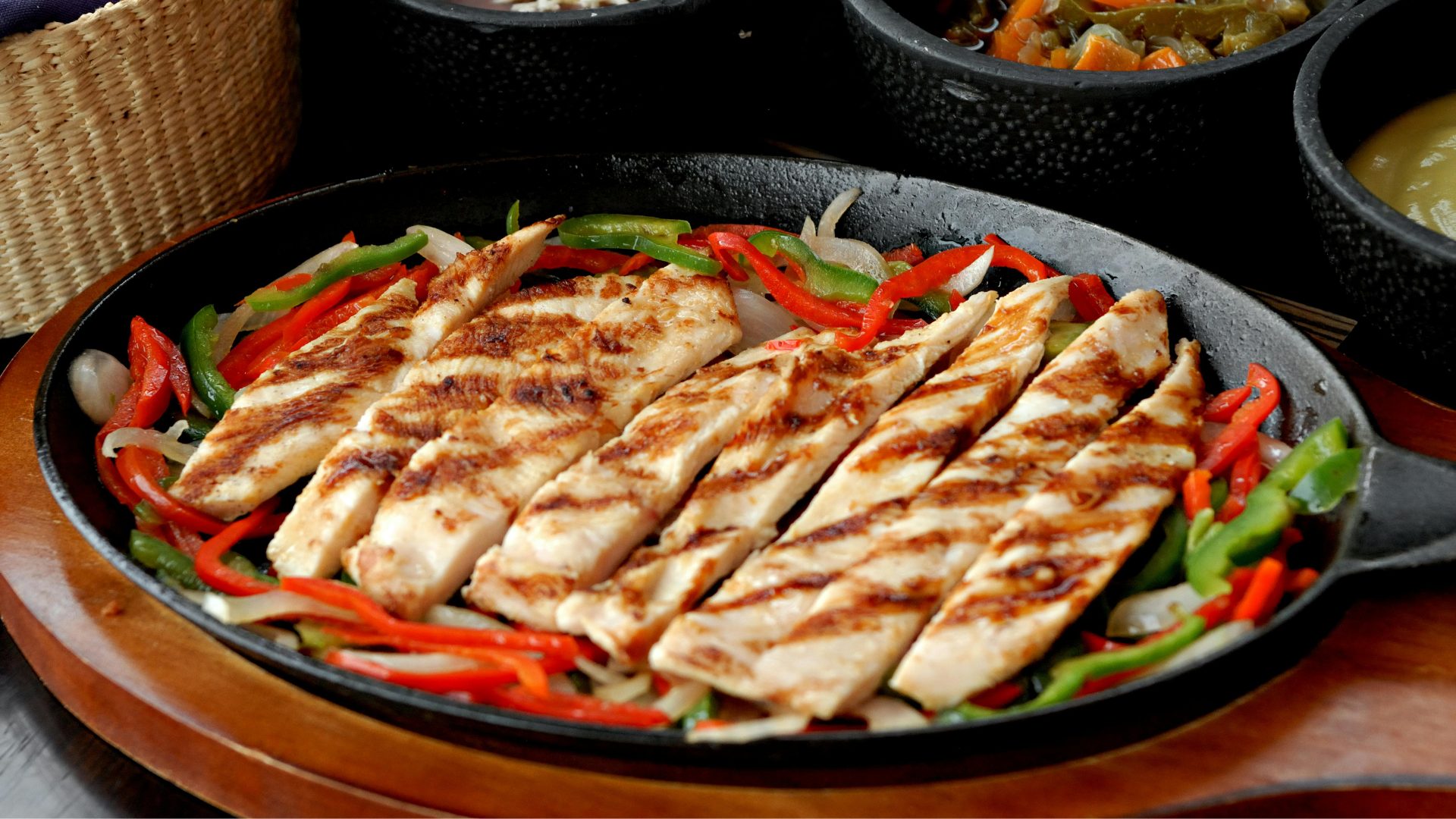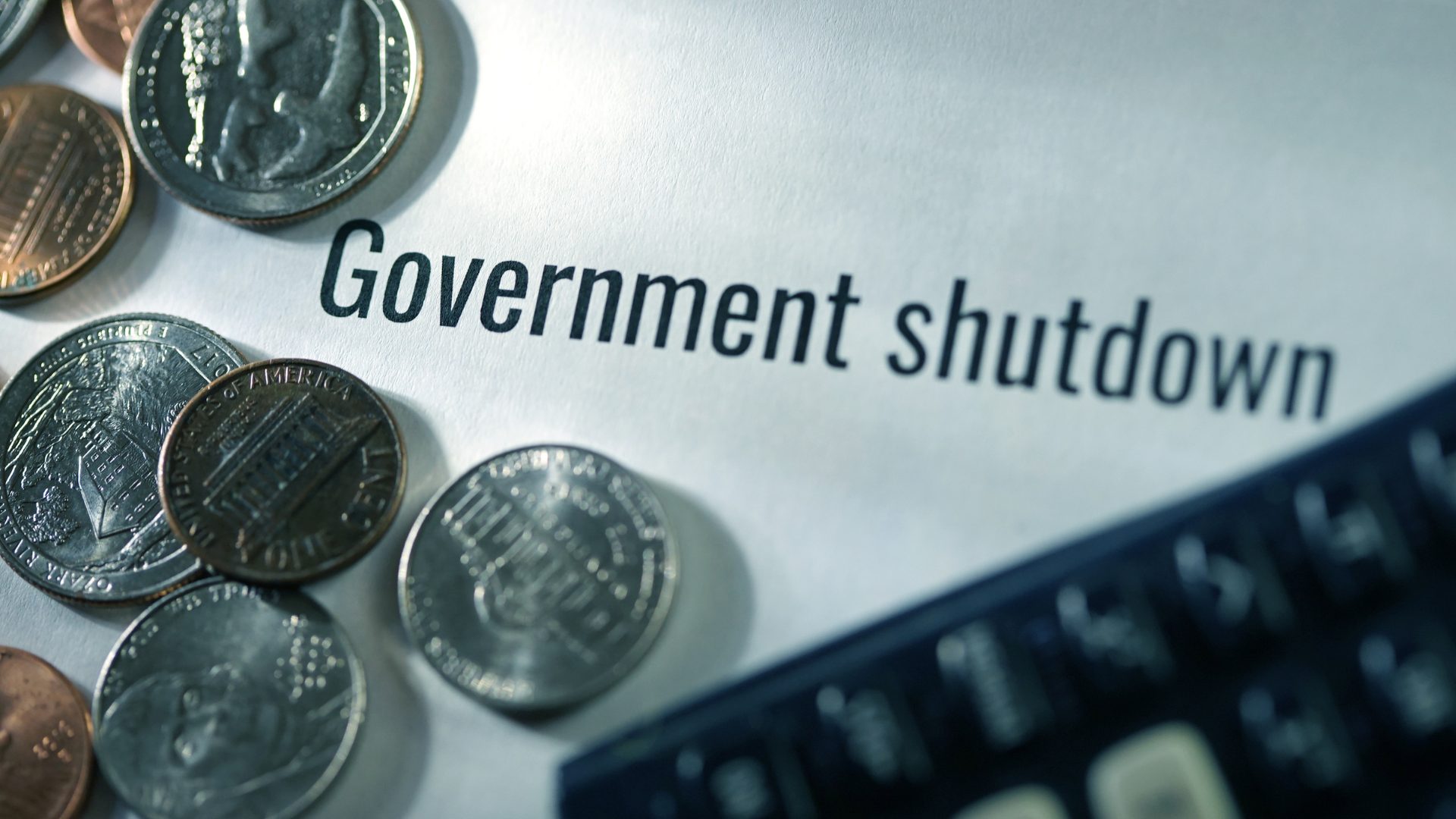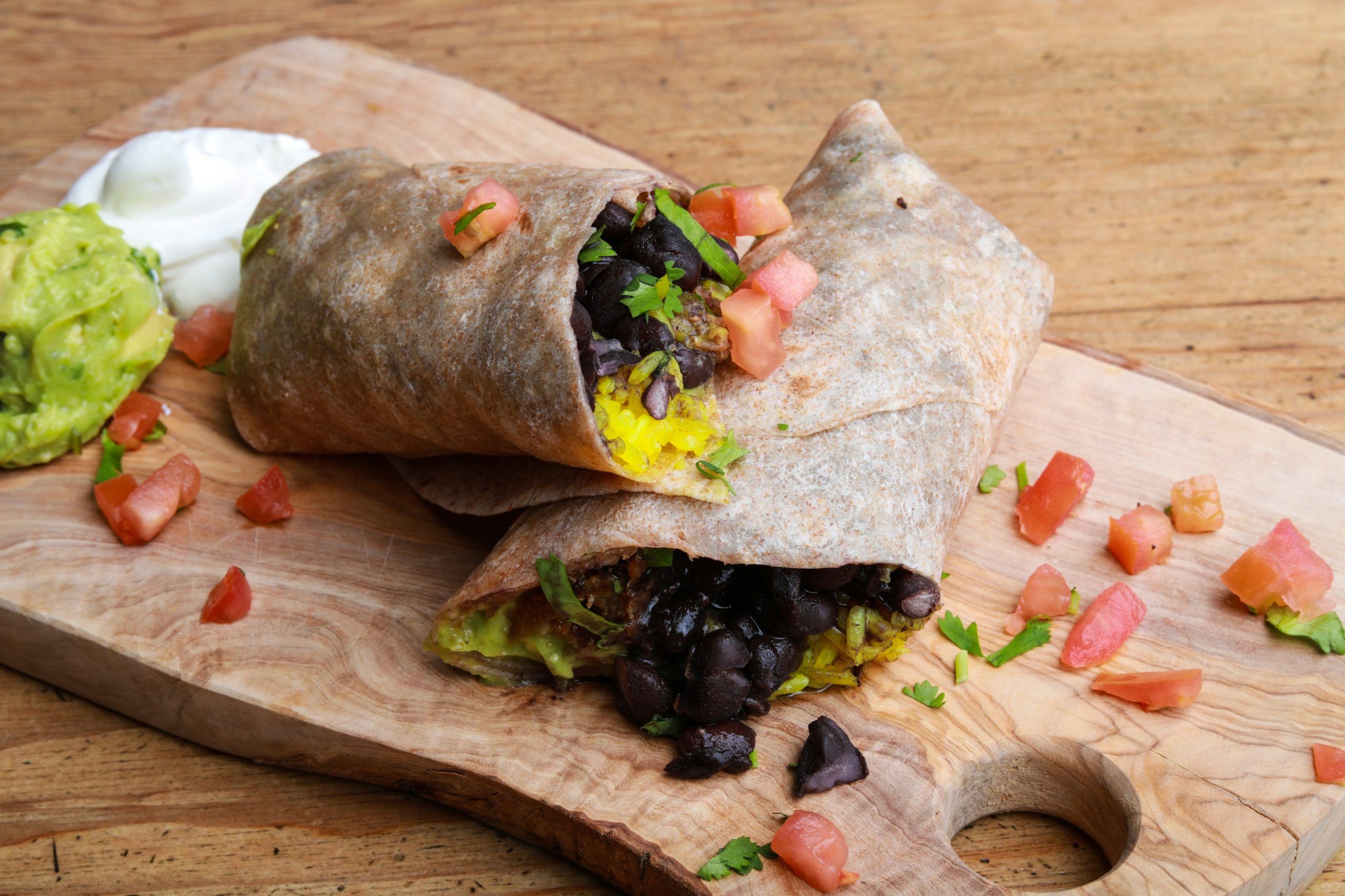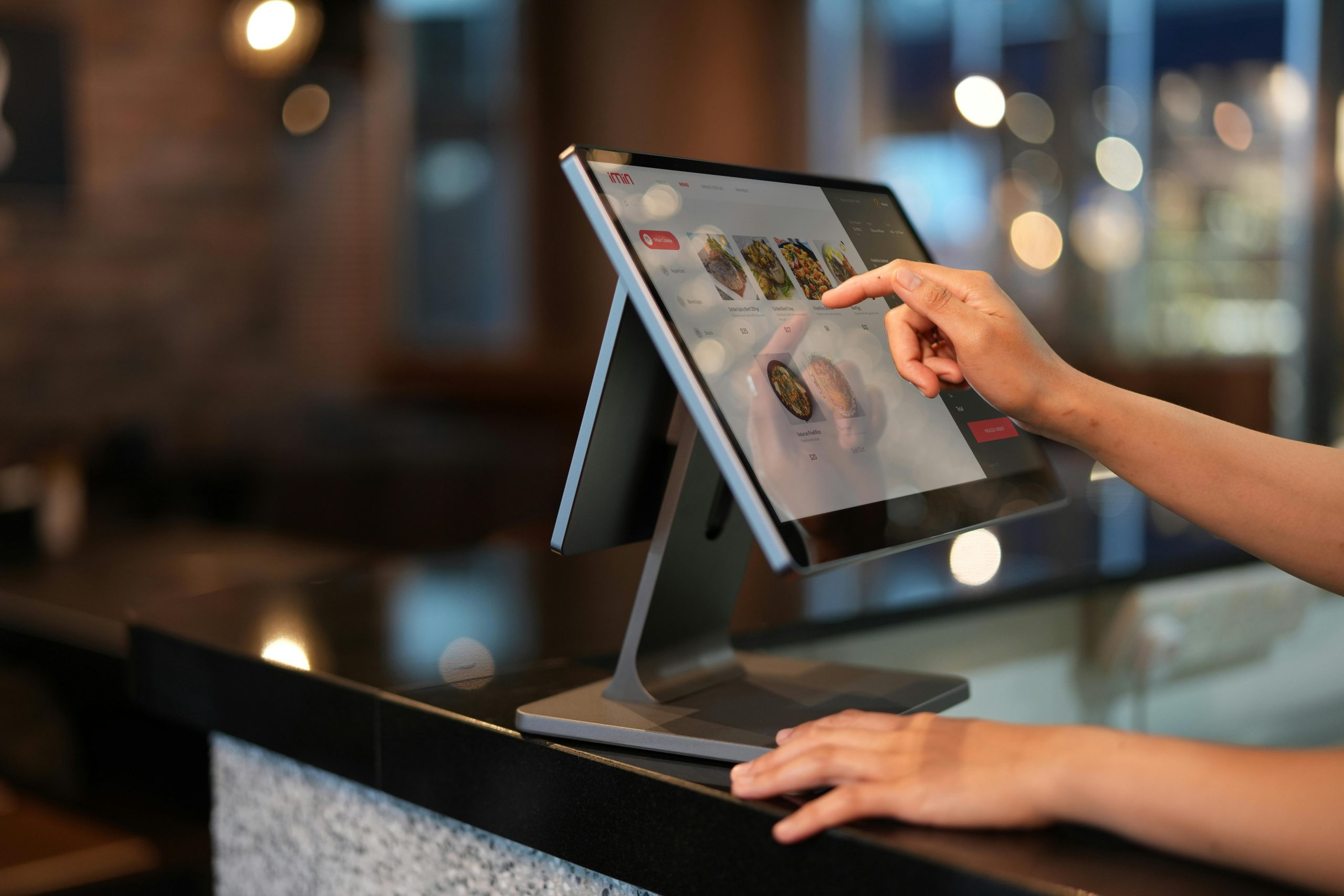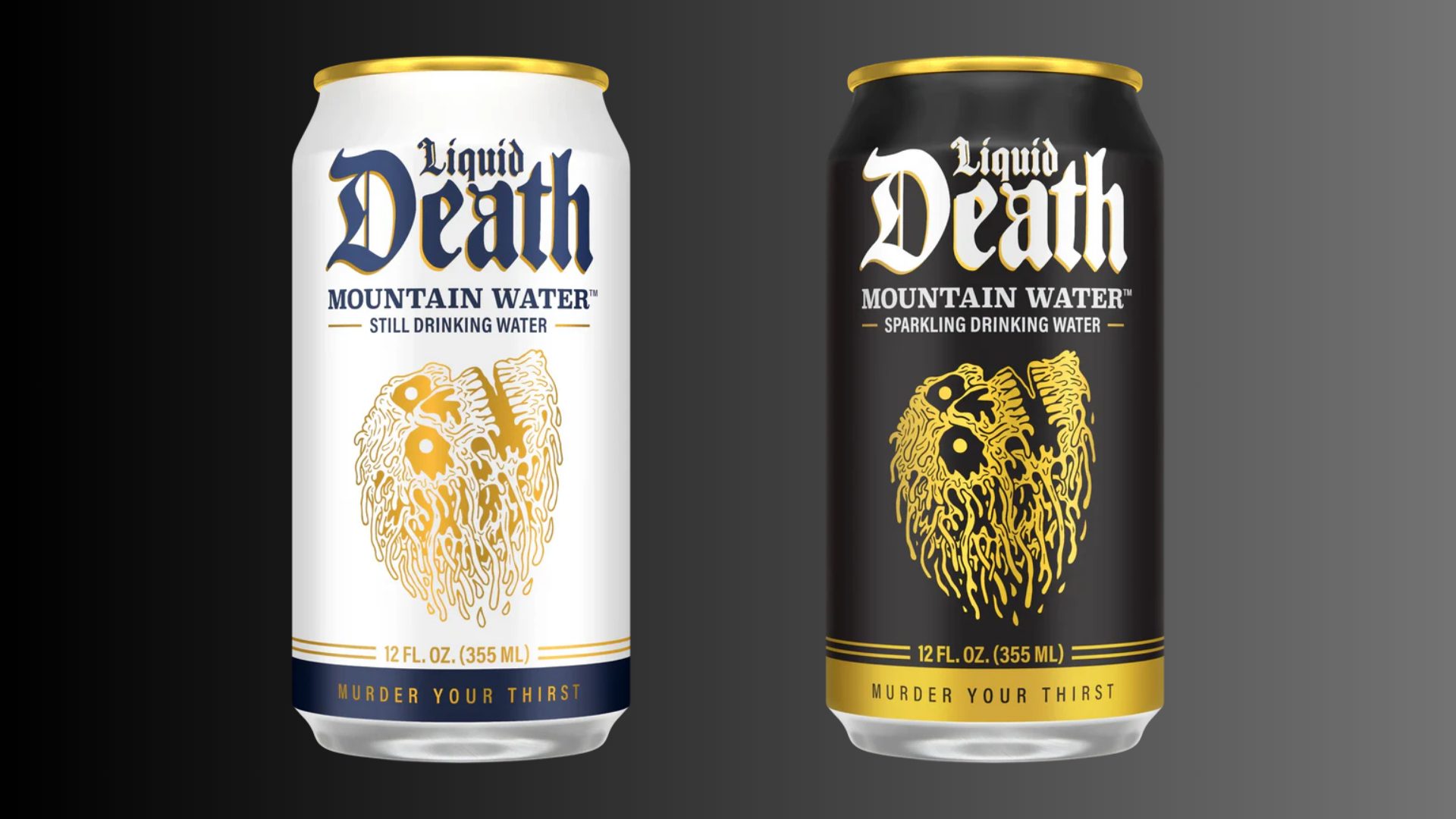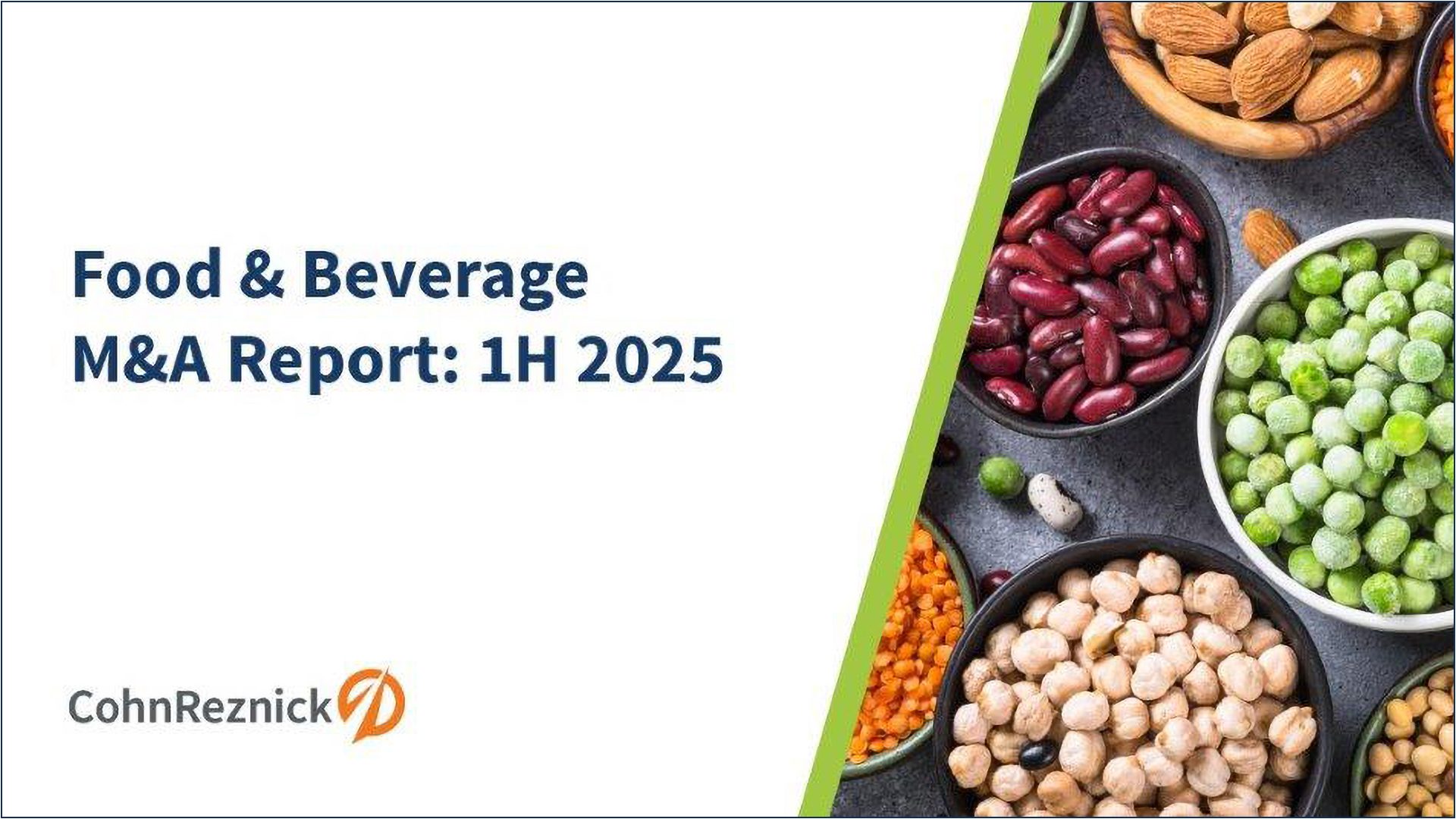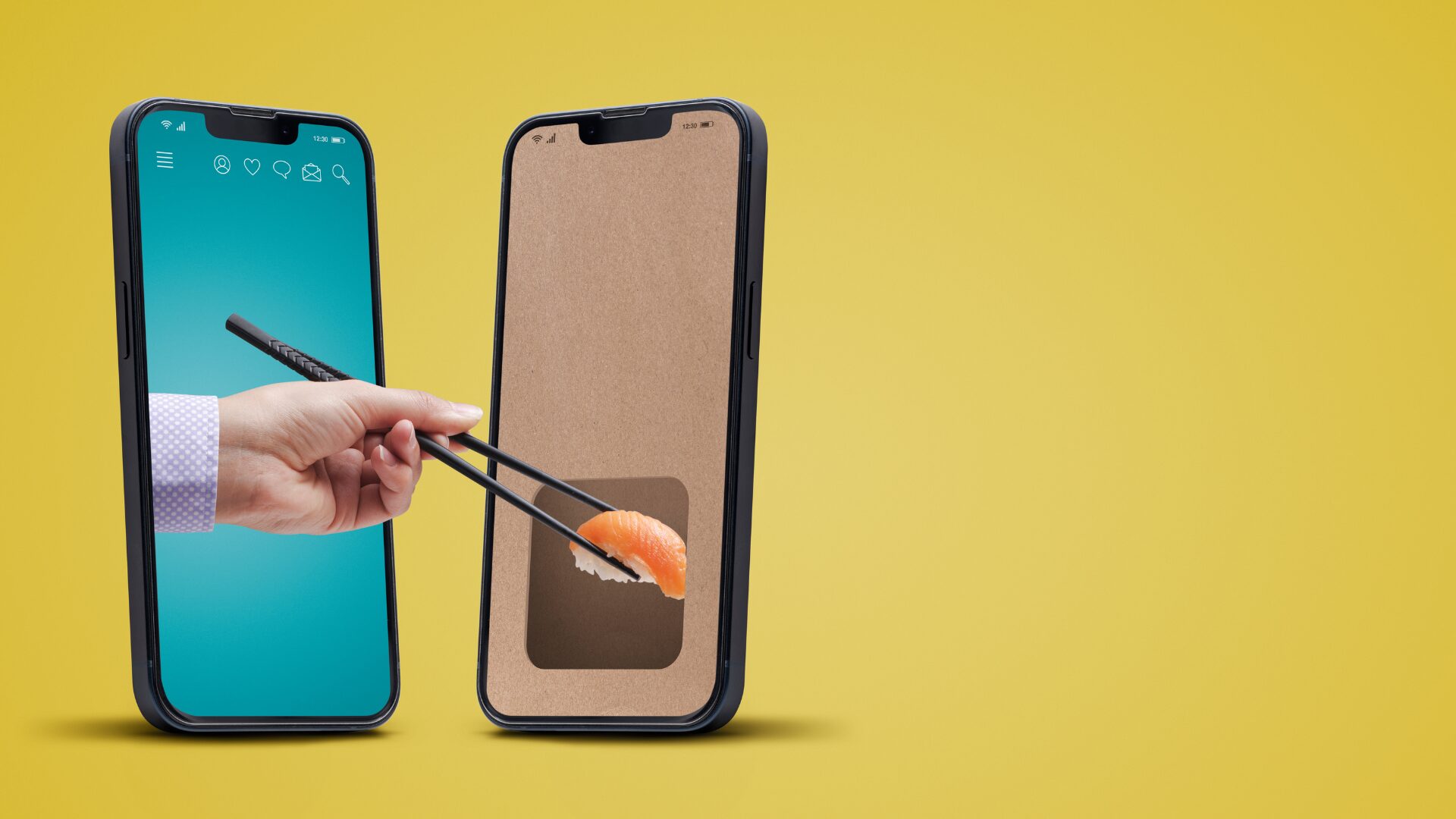The adoption of upcycling continues to spread across the food industry as companies large and small explore innovative ways to repurpose ingredients that would otherwise go to waste.
While the process remains a niche concept among consumers, a new report from food and beverage intelligence company Spoonshot predicts that upcycling will break out into the mainstream in the coming year, as more companies promote the use of upcycled ingredients and incorporate on-pack claims.
ESG Benefits
According to a 2021 study published in Food and Nutrition Sciences, only 10% of consumers surveyed were familiar with upcycled foods, but once educated, 80% said they would seek out upcycled products due to their environmental benefits.
In addition to being one of the most impactful measures to reduce food waste, upcycling has been ranked among the top three scalable technologies to combat food insecurity, reported Forbes. (Oct 31)
“Reducing food waste throughout the supply chain will significantly improve our need to grow more food and mitigate the detrimental effects of food waste,” John Ruff, Chief Science and Technology Officer at the Institute of Food Technologists (IFT) told Forbes. “There is very real potential to reduce waste in developing countries at the farm level, using existing technologies to create value added products, which can increase smallholder income and reduce poverty.”
Current Ventures
At present, the majority of companies offering upcycled food and beverage products are startups — many of which are certified members of the Upcycled Food Association.
Hummi, for example, manufactures mini muffins using sustainable chickpea protein.
“We are always analyzing what “waste products” can be converted into a usable ingredient either with our own product or production process with like-minded brands,” Tyler Phillips, Founder and Chief Edible Officer told The Food Institute. “For example, we’ve spoken with a couple vegan, gluten-free manufacturers of low sugar chocolate bark & chickpea pretzels about using breakage/leftover production pieces as infusions in future Hummii products.”
The number of multinational companies backing upcycling ventures has also increased significantly in the past year.
- Kroger Co. plans to invest $2.5 million in grants to startups that create new ways to manufacture, process, or distribute upcycled food and drink.
- Barry Callebaut has been working on extracting vanillin from hazelnut shells as an alternative to natural and synthetic vanilla extract.
- Nestlé has been exploring the use of coffee fruit, cocoa pulp, and other byproducts of its own production process.
- Mondelez International has developed of two brands that use upcycled ingredients from cacao fruit.
The Spoonshot report predicts steady growth of upcycling ventures as more companies examine the byproducts of their manufacturing processes and figure out ways to make them into new consumables.
“It’s always made good business sense to reduce waste internally,” Daniel Kurzrock, CEO of food tech company ReGrained told The Food Institute. “With upcycling there’s a huge opportunity for companies to leverage their purchasing power through supply chains to bring in new ingredients and new innovation opportunities that are reducing weight while helping reduce waste from the food system overall.”


